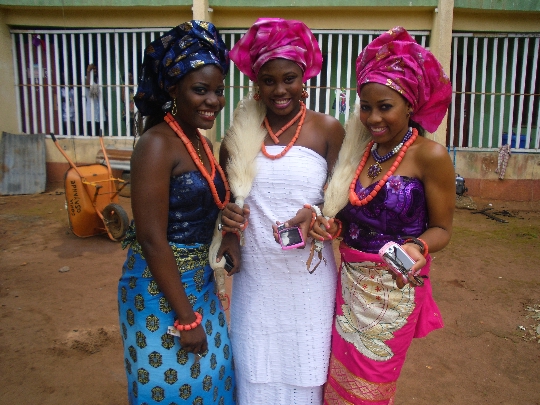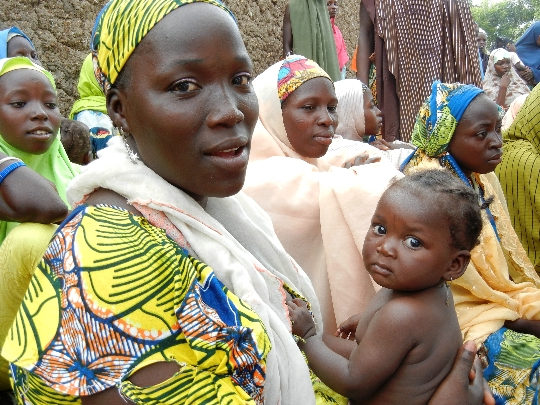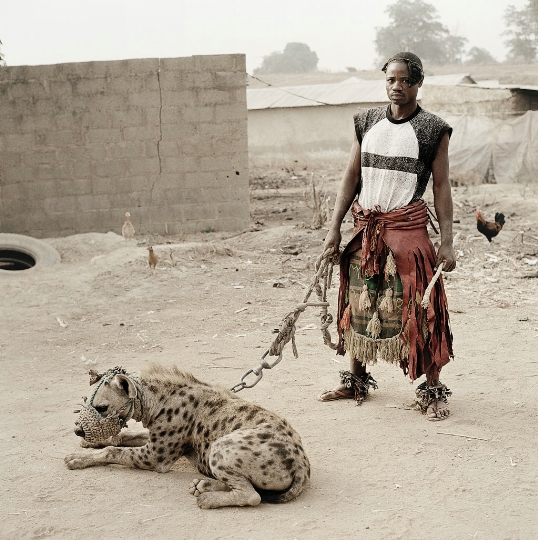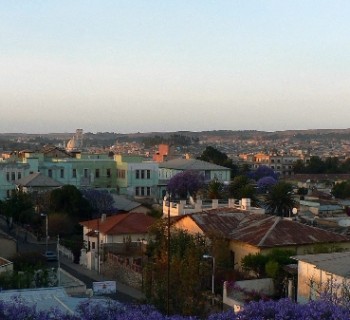Traditions of Nigeria
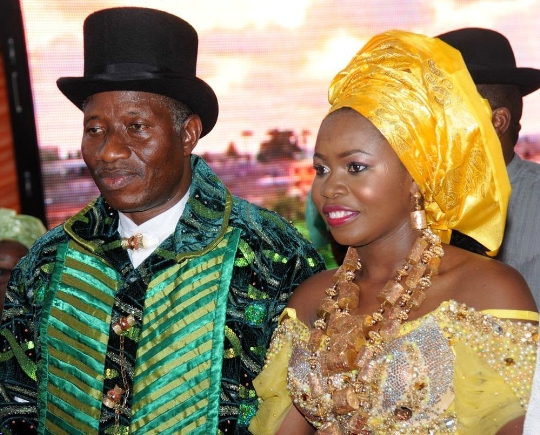
The main oil producer of the black continent, the Federal Republic of Nigeria has the largest population and the largest economy in Africa. In recent years, the country has seen a large influx of both tourists and businessmen who have flown in for business negotiations, and therefore the traditions of Nigeria and its culture are becoming interesting to an increasing number of Europeans..
50 to 50
This is approximately how the Nigerian society is divided depending on religion. Half of its inhabitants are Muslims and 40% are Catholics. The remaining minority adhere to local beliefs.
Due to religious differences, clashes often break out in the country, as a result of which dozens of people die and entire villages and villages are destroyed. In the north of the country, the majority live according to Sharia law and the traditions of Nigeria are fully consistent with Muslim customs:
- You cannot take pictures of people without permission, and you must take off your shoes when entering the mosque. Contacting a woman without the permission of her husband or brother is not permitted.
- During the month of Ramadan, one should not eat or drink in public before dark.
- It is not recommended to walk in densely populated Muslim neighborhoods at night - your safety cannot be guaranteed.
Silver medalist
One of the most interesting and unusual traditions in Nigeria is the love of cinema. Moreover, it manifests itself not only in the desire to watch films, but also in the ability to shoot them. Moreover, Nigerian filmmakers occupy the second line of the world ranking in terms of the number of films created and are second only to Indians here. Even the United States fell behind its African counterparts, and the film industry in Nigeria was given a personal name "Nollywood".
There should be a lot of good people
One of the traditions of Nigeria, which has undoubtedly Muslim roots, is the fattening of brides. No matter how ambiguous it sounds, but it is for fattening that a girl who is close to marriageable age is given, because this is how she gets a good chance of successfully getting married.
Thinness and fragility in western Africa are considered a vice and an indicator of poverty, and therefore parents send young ladies to special "boarding houses", where they receive enhanced nutrition. The daily routine in such an establishment is an almost round-the-clock meal with occasional sleep breaks. The basis of the diet is cereals, fat milk of a camel, nuts and sweets, and physical activity is completely canceled here. A bride-to-be who does not want to get better is punished, and therefore the process of achieving magnificent forms is very rapid.
